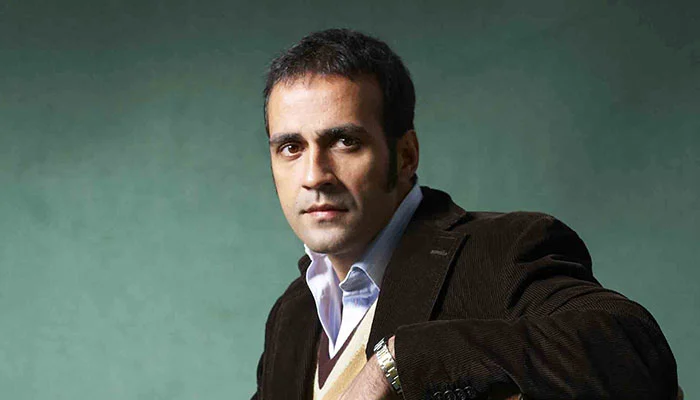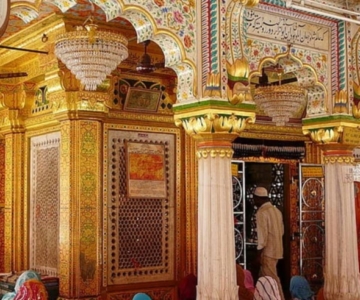
Ziauddin Sardar’s review for The Independent is worth a read:
Aatish Taseer grew up in Delhi with his Indian mother, a Sikh journalist. The Muslims of Delhi, he says, saw him as one of his own. But his estranged Muslim father in Pakistan was in another country. The troubled personal relationship, he asserts, must have some deep historic and religious undercurrents. To get close to his father, he must understand what Islam means to contemporary Muslims.
So Taseer sets out on a journey of self-exploration around the Muslim world. Unfortunately, he left both his mind and eyes in Delhi. He seems to ramble around some of the greatest cities of Islam with his eyes closed, engaging solely with extremist buffoons. In Istanbul, he encounters only men in long robes with shaven upper lips and fistfuls of beards. Yet Istanbul is a bastion of Sufism, which Taseer champions, home of a new variety of Muslim secularism and sizzling with all kinds of Muslim intellectual currents. One is not likely to find these in a gay bar, which he chooses to visit.
In Damascus, he fails to notice that almost one-third of the city consists of Iraqi and Palestinian refugees. The political nuisances of Syrian society escape him. And instead of discovering how one of the most noted Muftis of Syria is trying to come to terms with modernity and liberalism, he is content to brand him as “ferocious”. While in Tehran, he seems to find the only Iranian who has no knowledge of the background to the Islamic revolution.
He enters the Sacred Mosque in the holy city of Mecca and fails to notice the only structure within it: the Kaba. When he finally discovers it, he sees it as “nothing”. It is solid, impenetrable and mute, he tells us; and its “utter poverty” expresses “cosmic contempt for the things of the world”.
This lack of understanding of religious symbolism is just as monumental as the ignorance he demonstrates of the rich and diverse cultures of Muslim lands. The book is riddled with elementary mistakes, mistranslations and absurd generalisations. He seems to have read no history, politics or anything that could provide context and depth. Most of his informants are like him: uninformed attention seekers.
In Britain, he gets most of his information from Hassan Butt, the exposed liar, fake and would-be terrorist. He is unaware of the complexities of modernity and problems of tradition; and reduces everything to the simplistic explanation: Muslims the world over are, largely, pathologically mad literalists.
Even at a personal level, Stranger to History is seriously wanting. I suspect that Taseer’s father, a People’s Party stalwart, is not untypical of the whisky-drinking fraternity of Pakistani politicians. These chaps are definitely flawed but also human and, in some cases, much larger than life. Yet Taseer finds no redeeming features. He makes no real attempt to discover why his father would see himself as culturally Muslim. His father’s Muslim identity is defined solely by hatred of America, Israel, Hindus and his (alleged) denial of the Holocaust. If this was the case than why bother with this “shit” in the first place? I suspect the reality is the other way round: any sensible father would dismiss the son as arrogant and ignorant.



